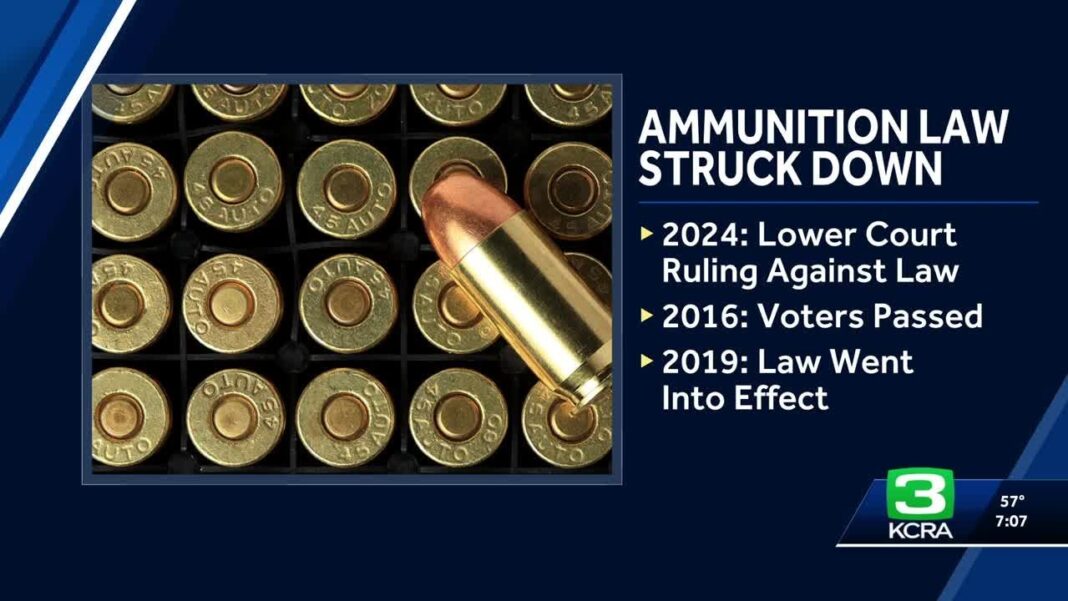U.S. to Introduce Refundable Visa Integrity Fee for Foreign Visitors
On July 4, President Donald Trump signed into law the One Big Beautiful Bill Act, which introduces a new refundable “Visa Integrity Fee” for foreign nationals applying for nonimmigrant visas to enter the United States. This measure, designed to enhance immigration compliance and generate revenue, sets a minimum fee of $250, adjustable for inflation. The Department of Homeland Security (DHS) may increase the fee as needed. However, implementation will be delayed until a formal rulemaking process, including a public comment period, is completed—a process that may take over a year and is subject to legal challenges.
Who Must Pay the Fee?
The fee applies to all foreign nationals seeking nonimmigrant visas, which are issued for temporary stays such as tourism, business, work, study, or exchange programs. This includes:
- Tourists and business travelers (B-1/B-2 status), in addition to the existing $185 visa fee.
- Temporary workers (e.g., H-1B, H-2A, O-1, L-1, P-1), who already pay $205.
- International students and exchange visitors (F-1, M-1, J-1).
- Dependents of principal applicants (e.g., O-3, L-3, H-4).
Each individual applying for a visa—regardless of whether they are a primary applicant or dependent—must pay the fee. It will be charged at the time of visa issuance, which occurs abroad, before traveling to the U.S.
Who Is Exempt?
Several groups are exempt from the new Visa Integrity Fee:
- Canadian citizens, who generally do not need nonimmigrant visas, even when entering under statuses like H-1B or F-1. They typically present other forms of approval (e.g., USCIS paperwork) at the border instead.
- Visa Waiver Program (VWP) participants, including citizens from most of Europe, the UK, Australia, Japan, South Korea, and several other countries. These travelers can enter the U.S. for up to 90 days without a visa, by paying a $21 Electronic System for Travel Authorization (ESTA) fee.
- Diplomats and international officials on A, G, and NATO visas, due to diplomatic protocols. While the statute does not explicitly allow waivers, these visitors are unlikely to be charged.
- Immigrants entering on immigrant visas, which allow permanent residency, are also exempt. Even fiancées of U.S. citizens entering on K-visas—technically nonimmigrant—are likely exempt because they are considered intending immigrants.
- Refugees and asylum seekers are in a gray area. Although they are considered nonimmigrants, they do not usually enter the U.S. via standard visa channels. It remains unclear if they will be charged the fee.
Refund Eligibility
The fee is refundable, but under strict conditions. The law specifies that while the government may issue a refund, it is not obligated to do so. Two conditions must be met:
- Compliance with visa terms – The visa holder must follow all rules, including avoiding unauthorized employment. For instance, B-1/B-2 visitors cannot work in the U.S., while other visa holders can only work if authorized.
- Timely departure – The traveler must leave the U.S. within five days after the expiration of their permitted stay. Importantly, a visa’s expiration date differs from the allowed period of stay (e.g., a 10-year B-2 visa allows 180-day visits). Overstaying beyond five days forfeits the right to a refund.
There are exceptions. Individuals who change status within the U.S. (e.g., F-1 student to H-1B worker), or who adjust status to permanent residents (e.g., through employer sponsorship or marriage), may still be eligible for refunds even if they remain beyond their original admission period.
Implementation Timeline
The Visa Integrity Fee is set to go into effect on October 1, 2025, however the DHS has stated that introducing the Visa Integrity Fee requires coordination across multiple agencies. Once finalized, the fee could affect millions of people: over 10.9 million nonimmigrant visas were issued in 2024 alone, potentially generating billions of dollars in annual revenue.
This article has been summarized by ChatGPT.
By Arjun Singh







